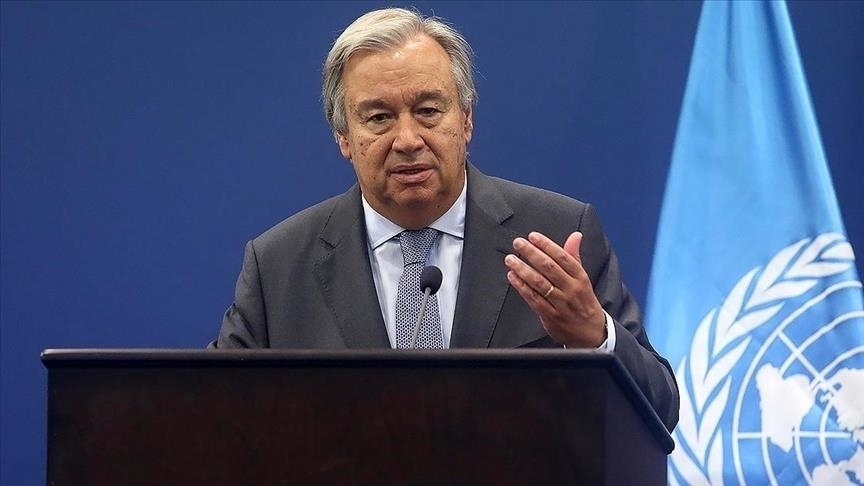United Nations Secretary-General Antonio Guterres has once again called for an immediate humanitarian ceasefire in Gaza. The conflict, which has claimed over 11,000 lives since October 7, is marked by a distressing number of casualties, attacks on schools and shelters, and a dire shortage of fuel hindering aid deliveries. The UN chief, expressing deep concern, emphasized the need to halt the devastating impact of the conflict, particularly on women and children.
Staggering Human Toll Spurs UN Chief’s Call
Amidst the ongoing conflict in Gaza, the most distressing aspect has been the staggering number of civilian casualties. Secretary-General Antonio Guterres, in a statement, condemned the unacceptable loss of lives, emphasizing the dire consequences for women and children. The toll, surpassing 11,000 individuals since October 7, paints a grim picture of the humanitarian crisis unfolding in the region. The urgency of the situation has prompted the UN chief to renew his plea for an immediate ceasefire to prevent further devastating losses. However, the secretary-general’s call for a ceasefire faces challenges as the conflict takes a toll on essential infrastructure.*
Escalating Attacks on Civilians and UN Facilities
Over the weekend, Gaza witnessed a disturbing escalation in attacks on schools and shelters, raising international concern. Shockingly, two UNRWA schools were struck in less than 24 hours, resulting in the death and injury of dozens, mostly women and children seeking refuge in United Nations premises. The secretary-general expressed his deep shock at the events, emphasizing the inviolability of UN facilities. The intensification of fighting has forced hundreds of thousands of Palestinian civilians to seek shelter at UN facilities, further exacerbating the humanitarian crisis. The attacks on UN facilities underscore the challenges faced by humanitarian organizations operating in the conflict zone. The repercussions extend beyond casualties to the displacement of a significant population, compounding the need for an immediate ceasefire.
Humanitarian Agencies Struggle Amidst Fuel Shortages
Compounding the crisis in Gaza is the crippling shortage of fuel, hindering aid deliveries and exacerbating the suffering of the population. The World Health Organization’s efforts to evacuate 31 critically ill babies from Al-Shifa Hospital highlight the dire conditions on the ground. With escalating casualties, attacks on vital infrastructure, and fuel shortages, humanitarian agencies are grappling with immense challenges in providing essential assistance to those in need. As the humanitarian situation worsens, the international community faces the pressing task of coordinating efforts to address the multifaceted challenges in Gaza.
In the face of an unprecedented humanitarian crisis, Secretary-General Antonio Guterres’ urgent call for a ceasefire in Gaza resonates globally. The devastating toll on civilians, attacks on UN facilities, and the crippling fuel shortages demand immediate international intervention.















